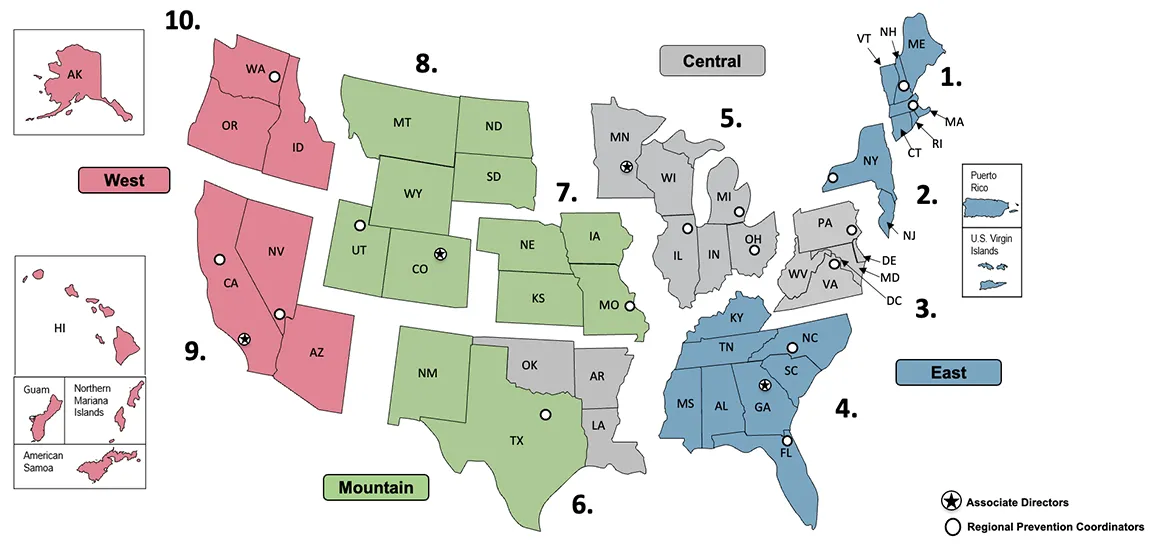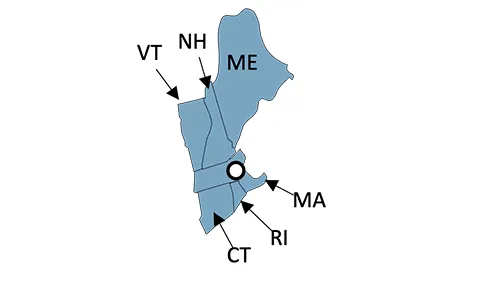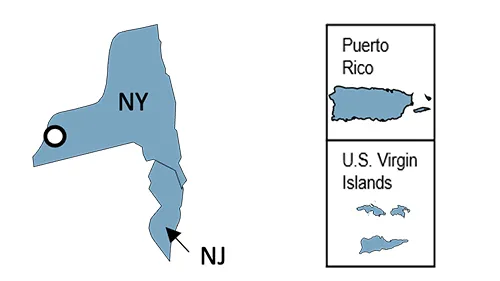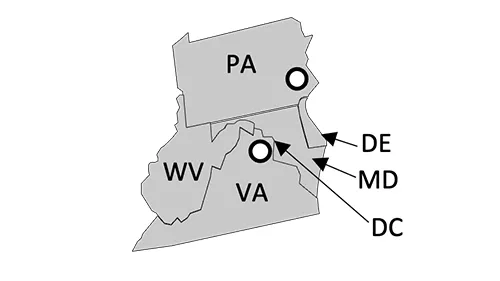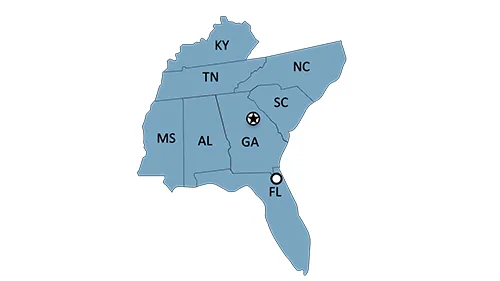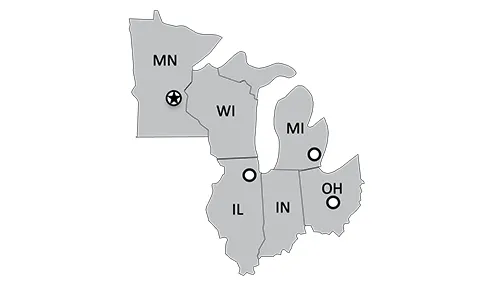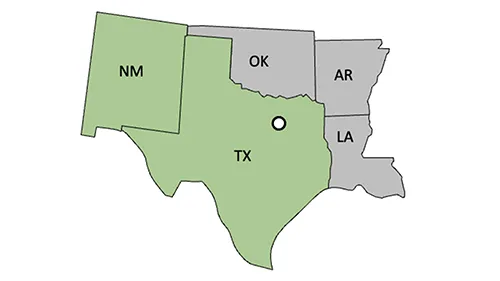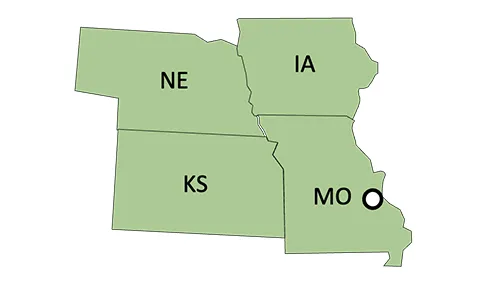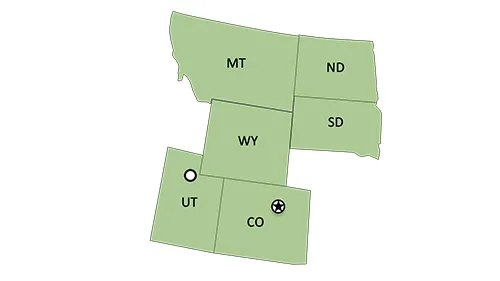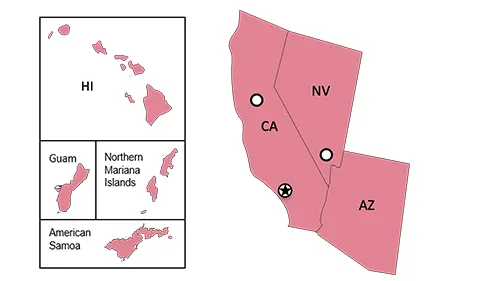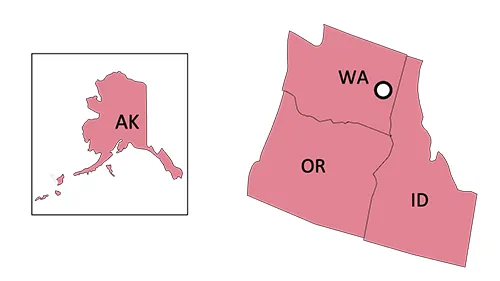Regional Prevention Coordinators (RPCs) build the capacity of prevention providers to engage in targeted violence and terrorism prevention (TVTP).
Based in communities across the United States, RPCs increase awareness of targeted violence and violence prevention; provide resources, training, and technical assistance; advise on prevention programs and strategies; and improve information sharing between partners related to TVTP.
TVTP requires multidisciplinary approaches. RPCs have diverse backgrounds in violence prevention, emergency management, social work, law enforcement, threat assessment and threat management, counterterrorism, public health, academia, community engagement, communication, military service, and trauma-informed behavioral health education — professional experience that RPCs now dedicate to enhancing the nation’s capacity to prevent targeted violence and terrorism.
RPCs can help prevention providers:
- Apply a public health-informed approach to prevent targeted violence;
- Engage with partners across disciplines and sectors;
- Educate stakeholders and communities about targeted violence;
- Identify opportunities to expand programming and services;
- Integrate TVTP into existing programs;
- Identify funding sources and grant programs;
- Expand prevention practitioner networks;
- Support state, regional, and local strategic planning and policy development.
Map of Regional Prevention Coordinators
Contact Your Regional Prevention Coordinator
To reach out to your Regional Prevention Coordinator, use the appropriate email address below. Each region includes the states and any Tribal Nations located within those respective states.
For general questions, including questions about connecting to prevention provider networks in your state or locality, or identifying funding sources to support prevention activities, please contact CP3Field@hq.dhs.gov.
Contact Us
To learn more about our initiatives, participate in our programs, connect with us, or for general inquiries, please visit our Contact Us page.
CP3 prioritizes privacy, civil rights, and civil liberties within DHS legal authorities and policy. CP3 works to ensure that its programs include fundamental constitutional and legal protections. CP3 does not engage in widespread data collection or activities like law enforcement investigations or intelligence gathering. CP3 does not engage in censorship or encourage or facilitate any censorship. Government censorship of viewpoints not only infringes on individuals’ constitutional rights, but it is also an ineffective tactic to prevent targeted violence and terrorism.

